“Glenstrata” deal wobbling as profits tumble
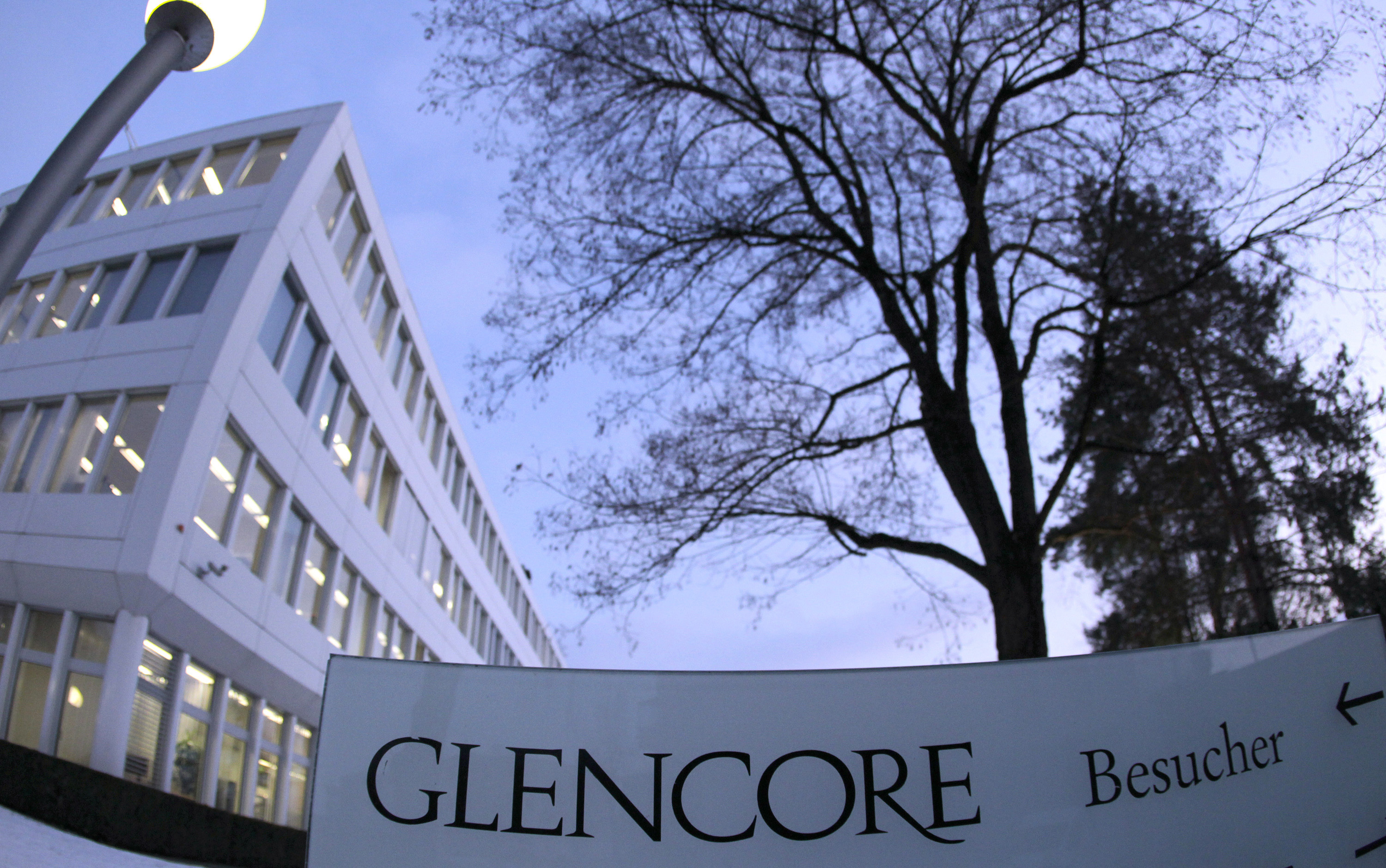
The proposed merger of commodities giant Glencore and mining concern Xstrata was thrown even further into doubt on Tuesday after Glencore announced a drop in profits and admitted that disagreements with major shareholders remain unresolved.
The main sticking point in the $90 billion (SFr87.5 billion) deal to create the world’s largest single commodities entity – and the issue that forced a postponement of the vote from July – is Glencore’s valuation of Xstrata, in which it already has a 34 per cent stake.
Glencore has offered 2.8 of its shares for each of those from the mining group. Glencore chief executive Ivan Glasenberg said on Tuesday that he would not meet the demands of Qatar Holding – the Emirate state sovereign wealth fund that holds a 12 per cent stake in Xstrata – for 3.25 shares.
“If it [the merger] does not happen, it won’t be the end of the world,” Glasenberg told reporters as Glencore announced its first half results on Tuesday, adding that it was “not a must-do deal”.
Shareholders are due to vote on the proposal on September 7.
Glencore’s profits fell 26 per cent to $1.8 billion (SFr1.75 billion) in the first six months of 2012 compared with the same period in 2011, reflecting a pronounced slowdown in trading as the global economy cools as well as a drop in commodity prices.
Earlier this month, Zug-based Xstrata revealed a 42 per cent drop in operating profits to $2.5 billion.
At the start of the month, Xstrata chief executive Mick Davis said the combined companies would present a “more powerful business model” but stopped short of insisting that the merger should go ahead.
“The inherent capacity of Xstrata to generate value as a standalone company remains very, very powerful indeed,” he said.
Xstrata was founded in Switzerland in 1926 as Südelektra, investing in infrastructure projects, particularly in Latin America. It diversified into mining in the 1990s after being taken over by Marc Rich, who also founded the forerunner of Glencore.
After taking on its new name in 1999, Xstrata listed on the London stock exchange in 2002, buying several mines from Glencore at the same time.
Glencore also listed on the both the London and Hong Kong stock exchanges last year, from which time rumours began circulating that it wanted to merge with Xstrata.
But the merger has run into a series of problems as major shareholders, most notably Qatar Holding, has questioned the economics of the deal. After compromising on how much executives would pocket if the deal goes ahead, the valuation conflict now threatens to derail the whole proposal.
If the merger between Glencore and Xstrata goes ahead, the company will be headquartered in Switzerland.
It will have assets and projects in 33 countries, and employ around 130,000 employees.
Glencore Xstrata’s mining assets will include more than 100 mines, 30 concentrators, 25 base metals smelters, eight copper solvent extraction plants, four copper electro-winning plants, eight base metals refineries and precious metals refineries.
Other assets:
A global network of warehouses with 1.5 million tons of concentrate and metal storage capacity and access to 100 tank farms/oil terminals worldwide.
Glencore Xstrata’s agricultural assets will include 270,000 hectares of leased/owned farmland.
Over 200 vessels owned, leased or commercially managed for the oil business.
Access to and ownership of many ports.

In compliance with the JTI standards
More: SWI swissinfo.ch certified by the Journalism Trust Initiative
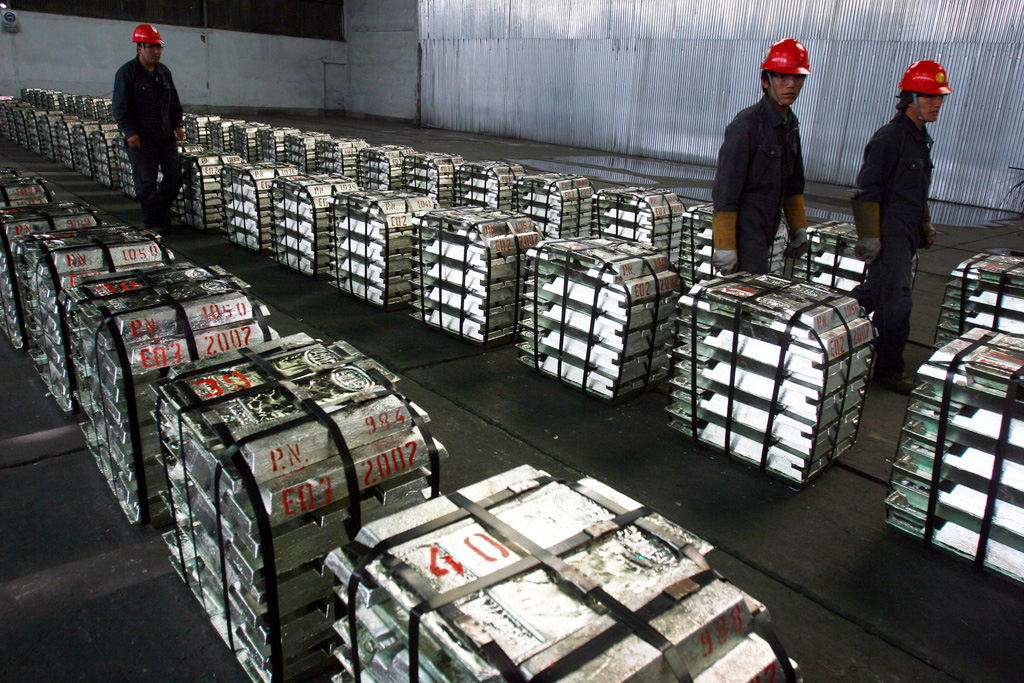
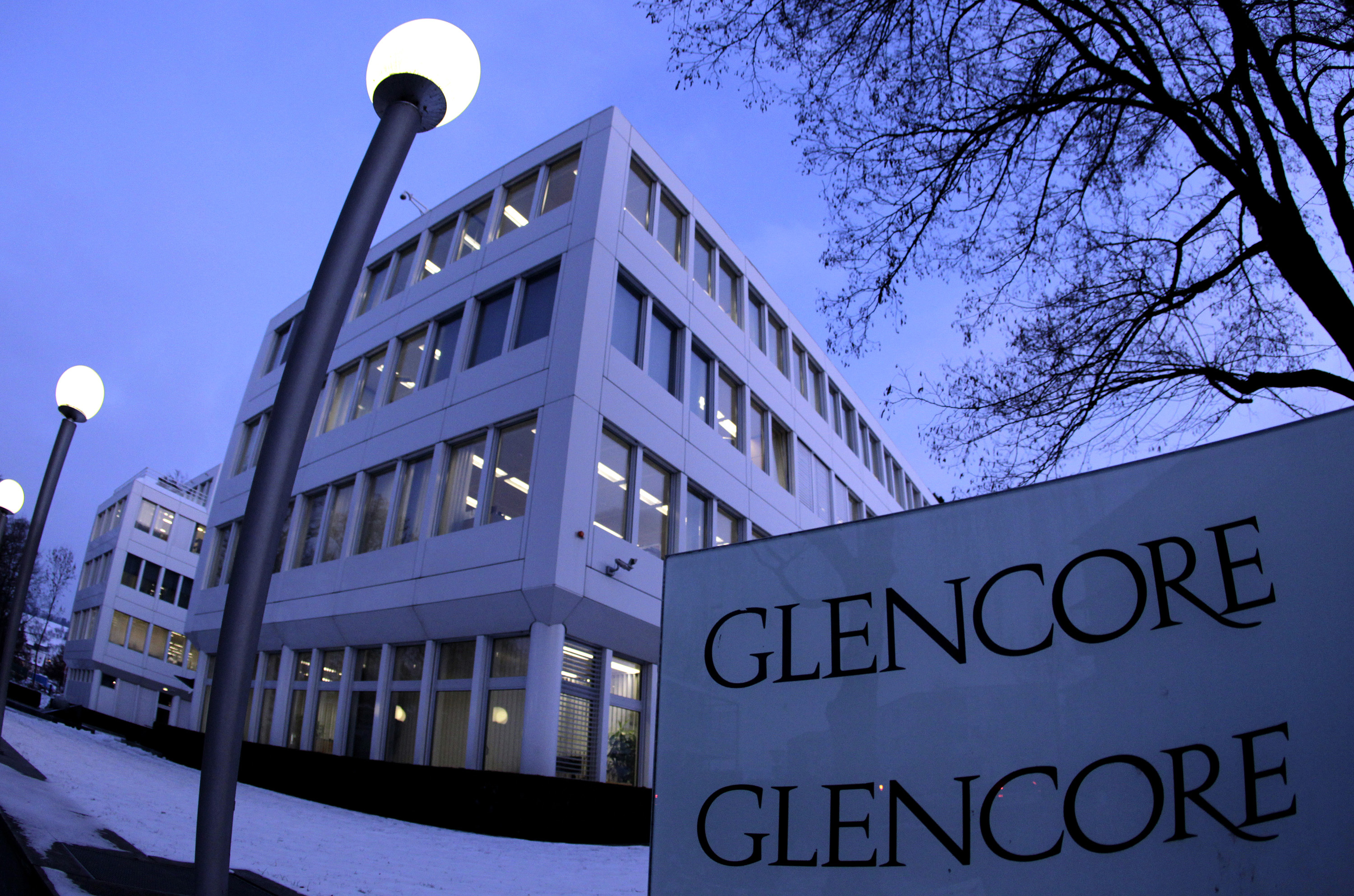
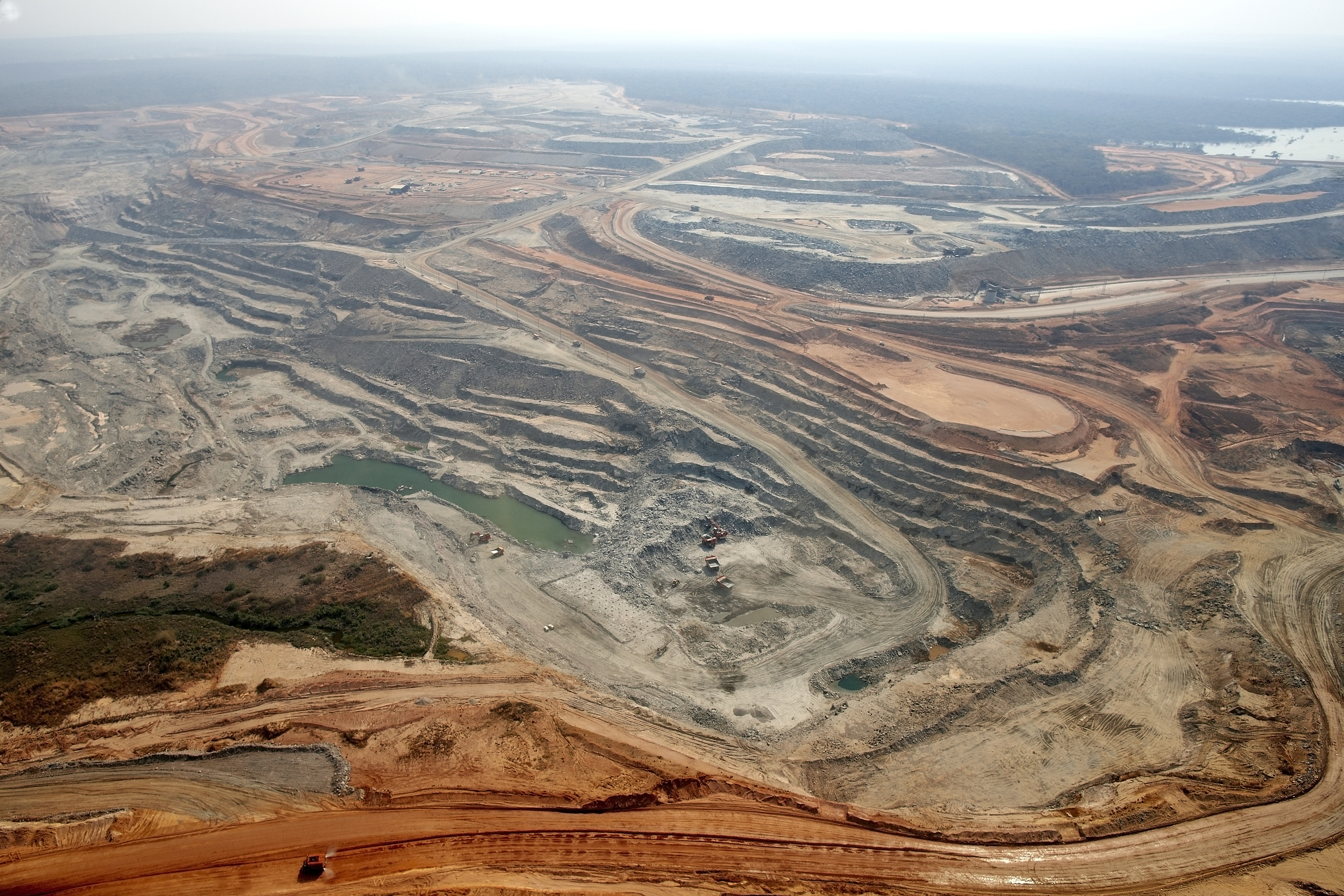
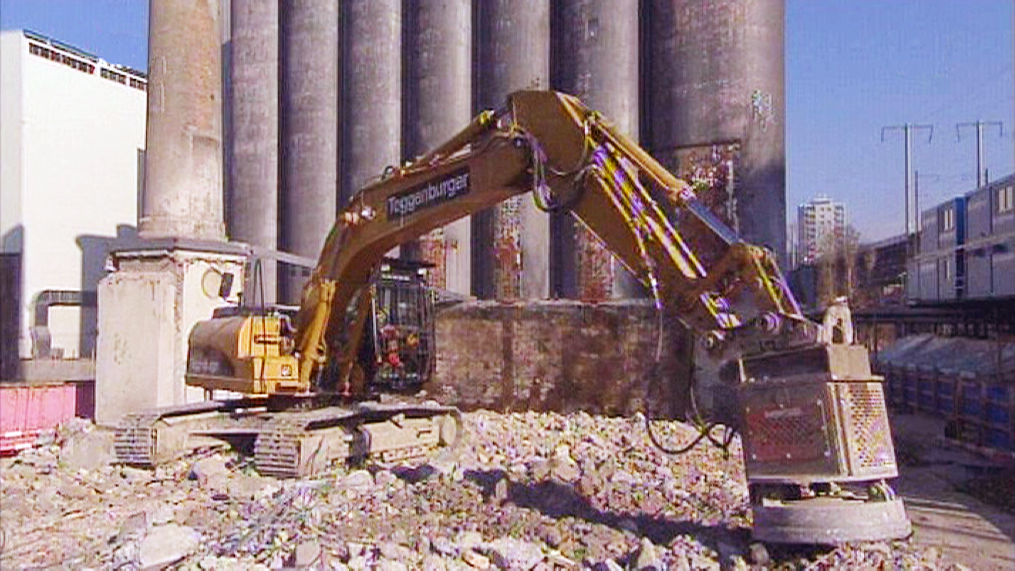
You can find an overview of ongoing debates with our journalists here. Please join us!
If you want to start a conversation about a topic raised in this article or want to report factual errors, email us at english@swissinfo.ch.